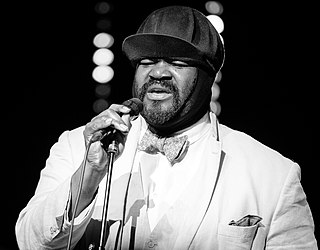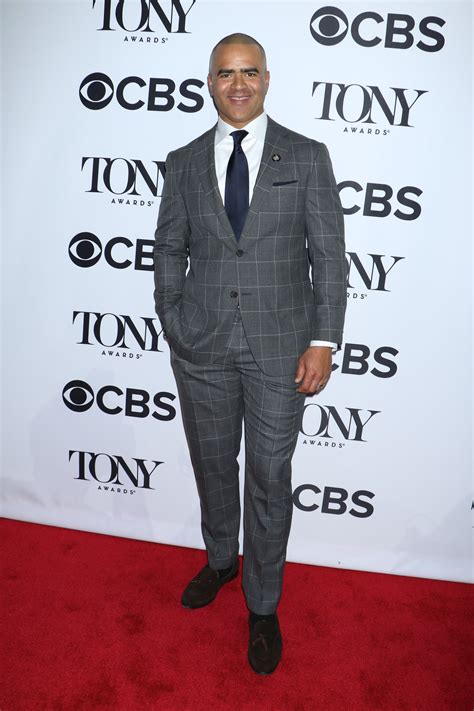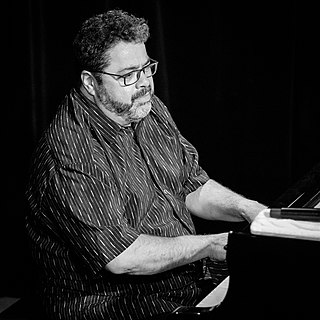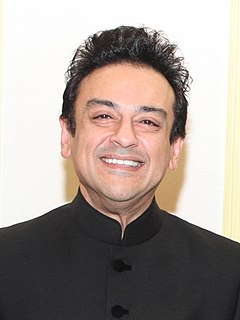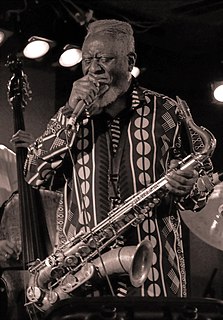A Quote by Dave Brubeck
Jazz is about freedom within discipline. Usually a dictatorship like in Russia and Germany will prevent jazz from being played because it just seemed to represent freedom, democracy and the United States.
Related Quotes
Put it this way: Jazz is a good barometer of freedom... In its beginnings, the United States of America spawned certain ideals of freedom and independence through which, eventually, jazz was evolved, and the music is so free that many people say it is the only unhampered, unhindered expression of complete freedom yet produced in this country.
I visited New York in '63, intending to move there, but I noticed that what I valued about jazz was being discarded. I ran into `out-to-lunch' free jazz, and the notion that groove was old-fashioned. All around the United States, I could see jazz becoming linear, a horn-player's world. It made me realize that we were not jazz musicians; we were territory musicians in love with all forms of African-American music. All of the musicians I loved were territory musicians, deeply into blues and gospel as well as jazz.
Freedom is the thing that has attracted me most to jazz. Within improvisation, you're really able to express something that maybe I'm not so adept at expressing via language. So I develop a language through the instrument to tell stories. So it's kind of this freedom of thought and freedom of expression that kind happens.



